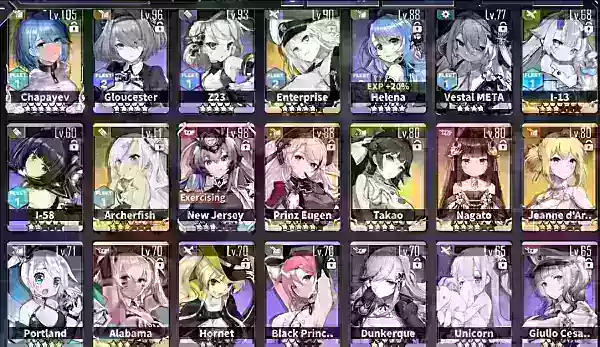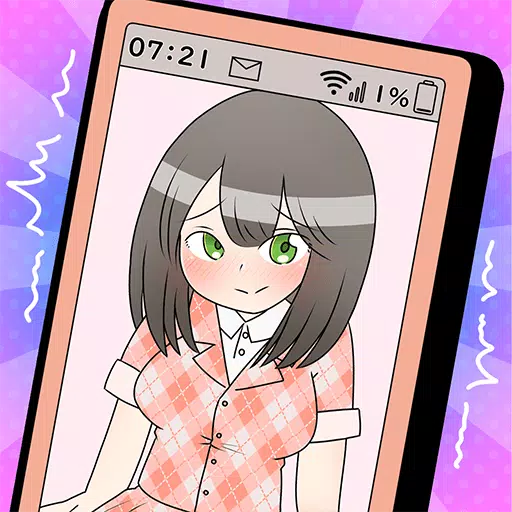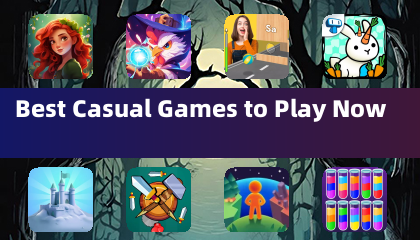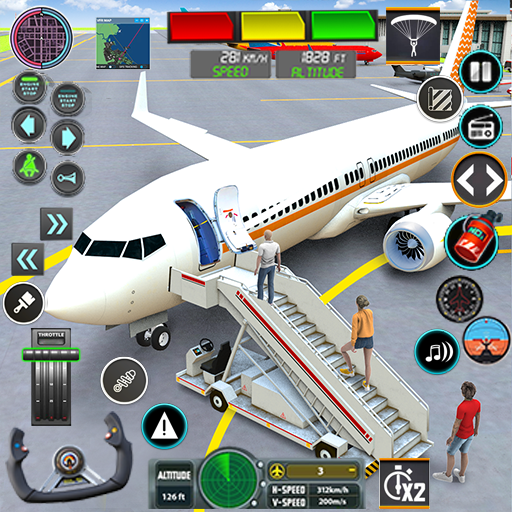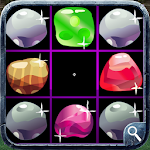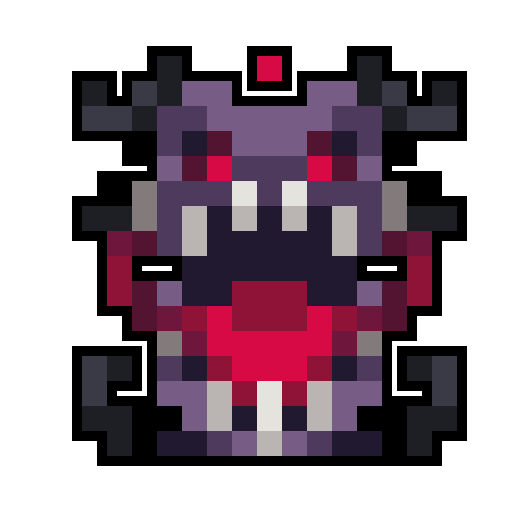Five years ago, when Mike and Amy Morhaime founded Dreamhaven, I had the privilege of discussing their vision with several of the company's founding members. They expressed a desire to establish a sustainable publishing and support framework for game studios, including the two they were founding at the time, Moonshot and Secret Door, as well as other carefully selected partners.
At the conclusion of our interview, Mike Morhaime boldly stated the company's goal:
"We want, if I may be so bold as to say, to be a beacon to the industry," he remarked, alluding to Dreamhaven's lighthouse logo. "There's a better way to approach the business of games and the operation of a game company that can yield excellent results, both in terms of product quality, financial success, and work environment. This approach could potentially elevate the entire industry."
Around the time Dreamhaven was established, numerous studios led by former AAA executives were emerging with ambitious promises to build more sustainable models. However, the industry has since faced significant challenges, including a global pandemic, economic instability, widespread layoffs, studio closures, and project cancellations. Many of these visionary studios have either shut down before releasing any products or have had to postpone their dreams indefinitely.
Yet, Dreamhaven has thrived. Today, the company partnered with The Game Awards for its inaugural showcase, unveiling not just one or two games, but an impressive four titles. Two of these are internally developed: Sunderfolk, a turn-based tactical RPG with couch co-op set for release on April 23, and the newly announced Wildgate, a crew-based first-person shooter focused on space heists, which we've already previewed. The other two games are being developed externally but published and supported by Dreamhaven: Lynked: Banner of the Spark, an action-RPG from LA-based FuzzyBot, currently in early access and slated for its 1.0 launch in May, and Mechabellum, a turn-based tactical auto-battler from Chinese studio Game River. Mechabellum launched last September, and with Dreamhaven's support, Game River aims to keep it fresh with ongoing updates.This flurry of activity is remarkable for a relatively new company like Dreamhaven, but there's more to their story. They are currently supporting ten other external studios, many of which are founded and staffed by former AAA developers. Dreamhaven's support ranges from investments and consultancy to fundraising and publishing assistance. During the Game Developers Conference (GDC) last week, Mike Morhaime shared with me that Dreamhaven's mission from the outset has been to create a "net" to "capture some of this great talent that was dispersing" across the industry.
Wildgate - First Screenshots
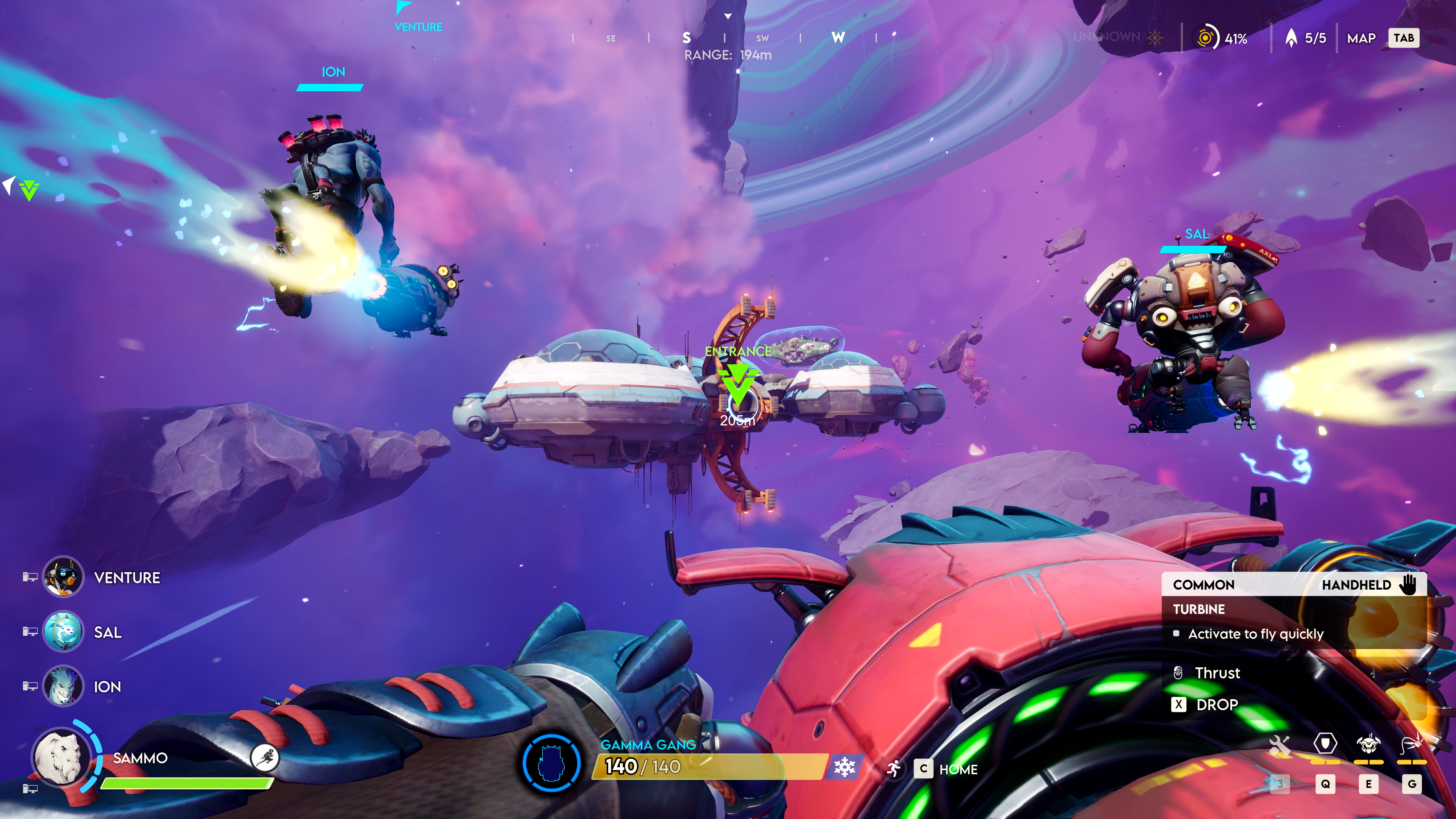
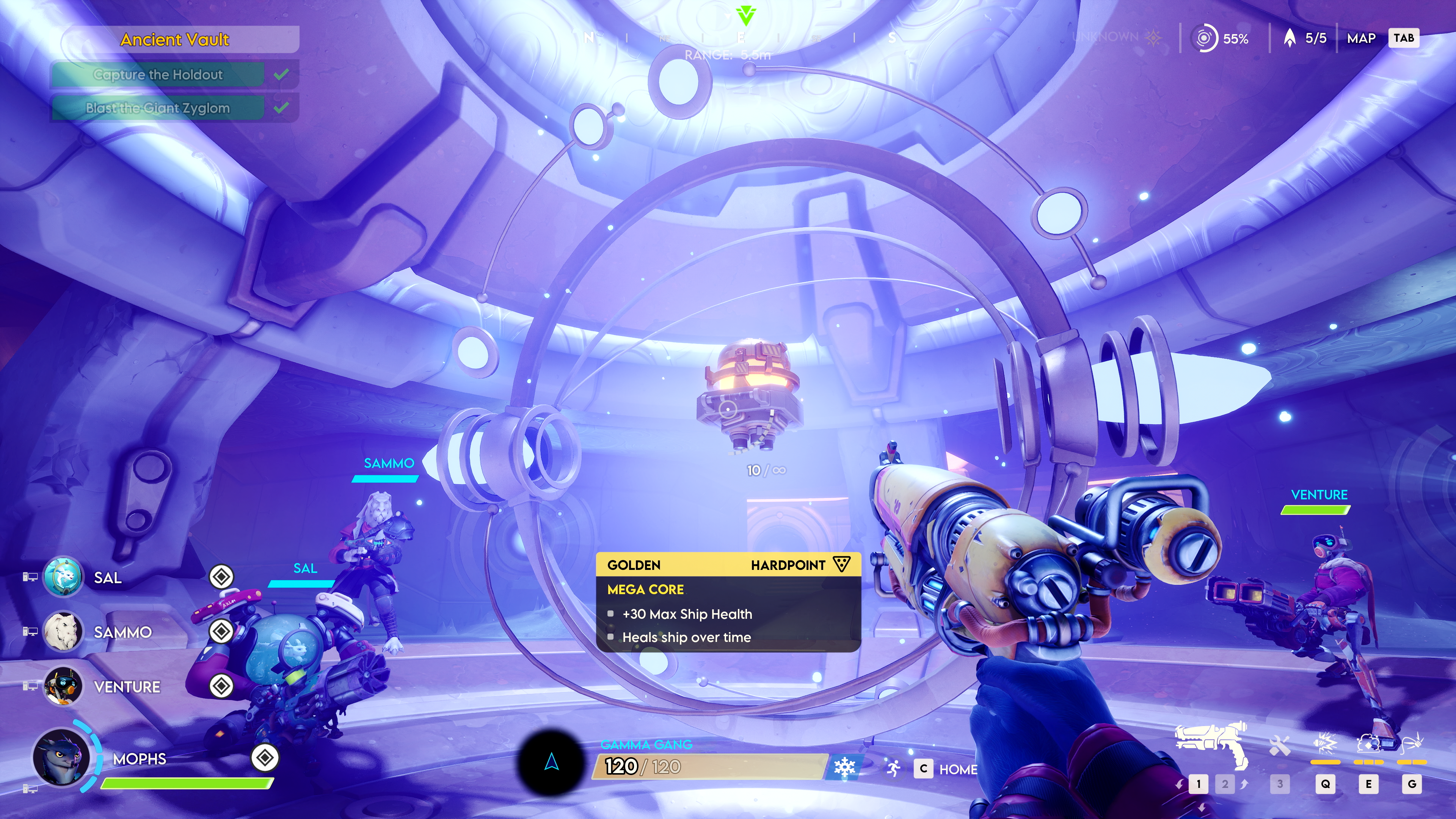 10 Images
10 Images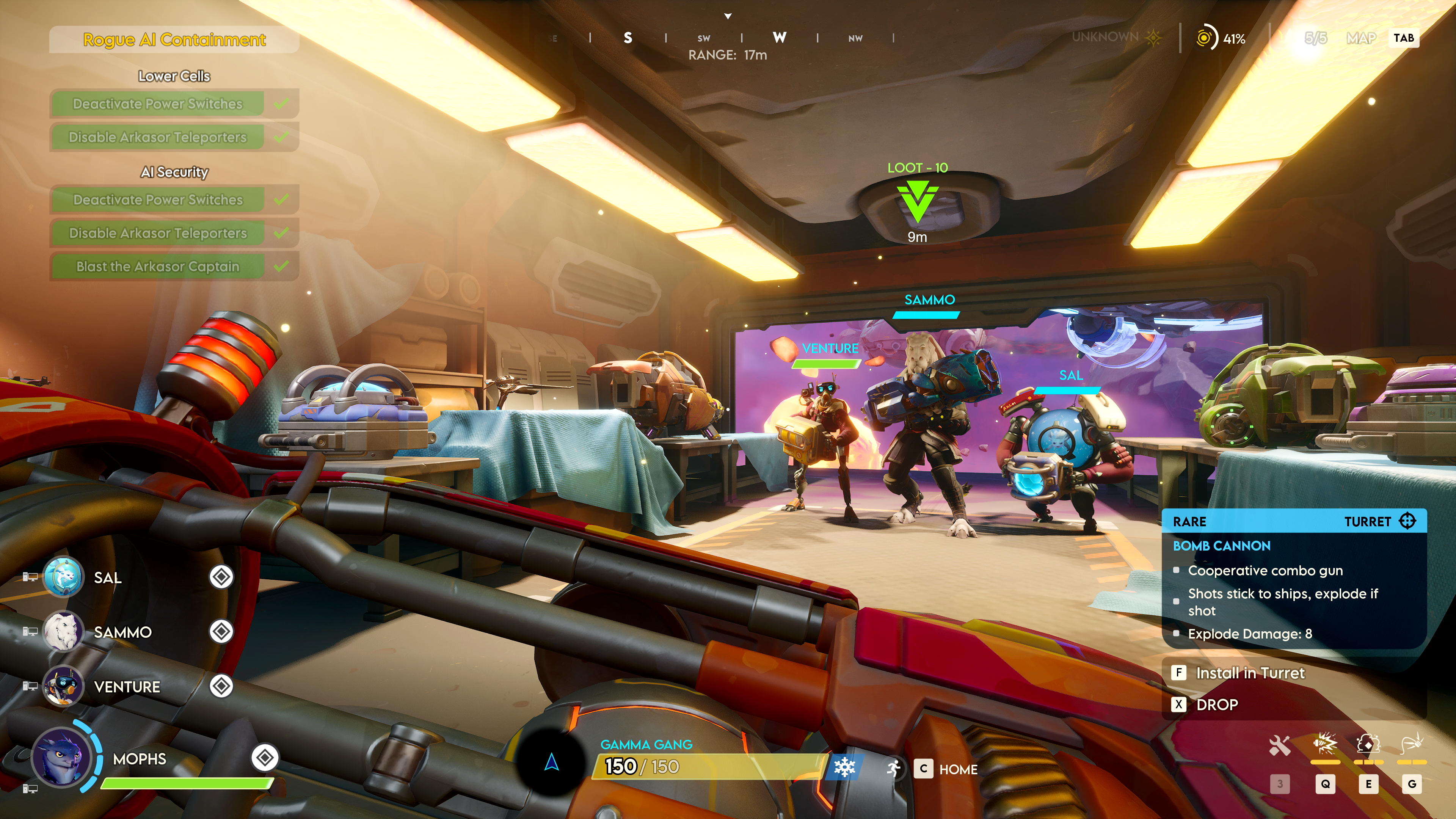
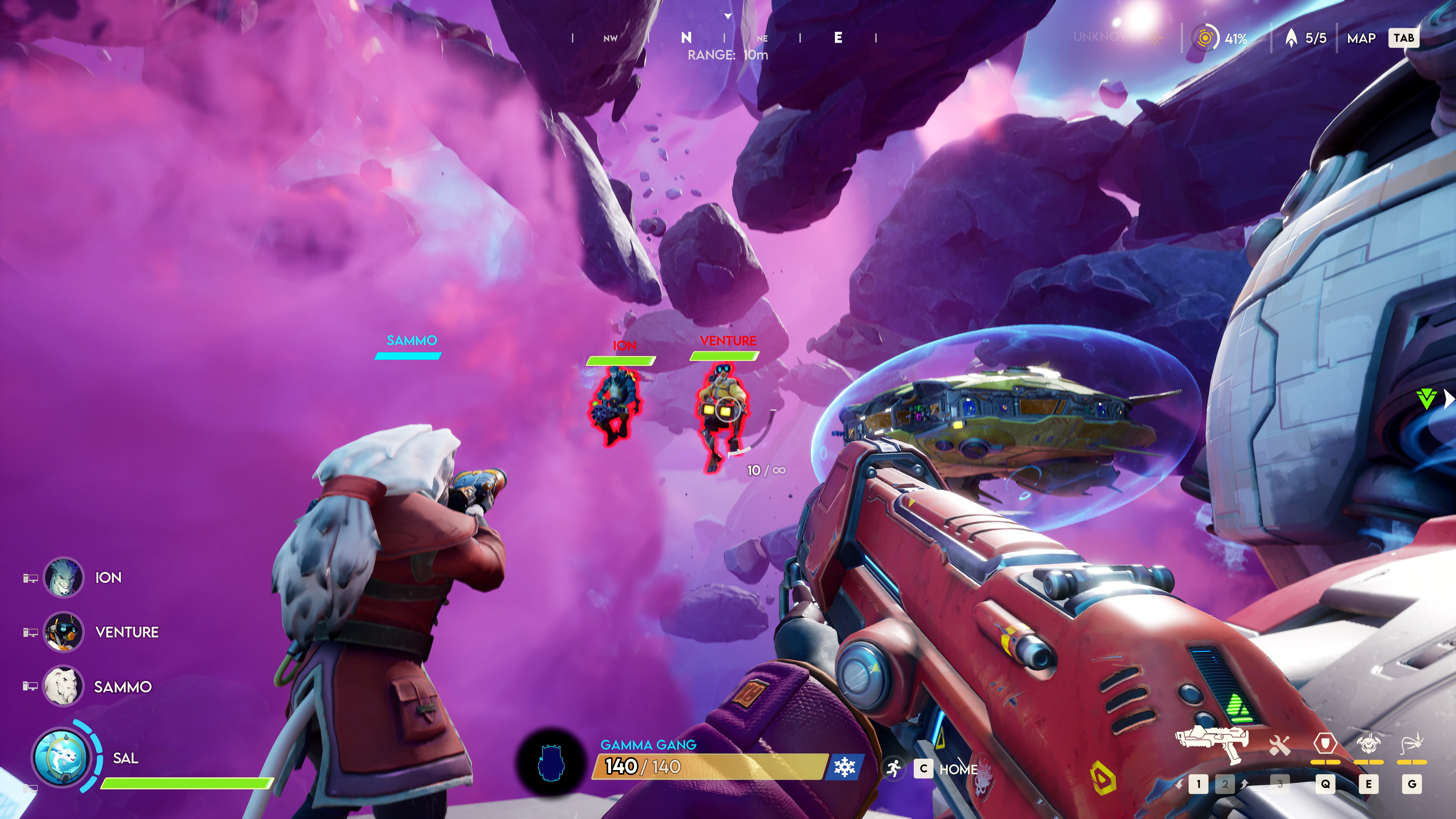
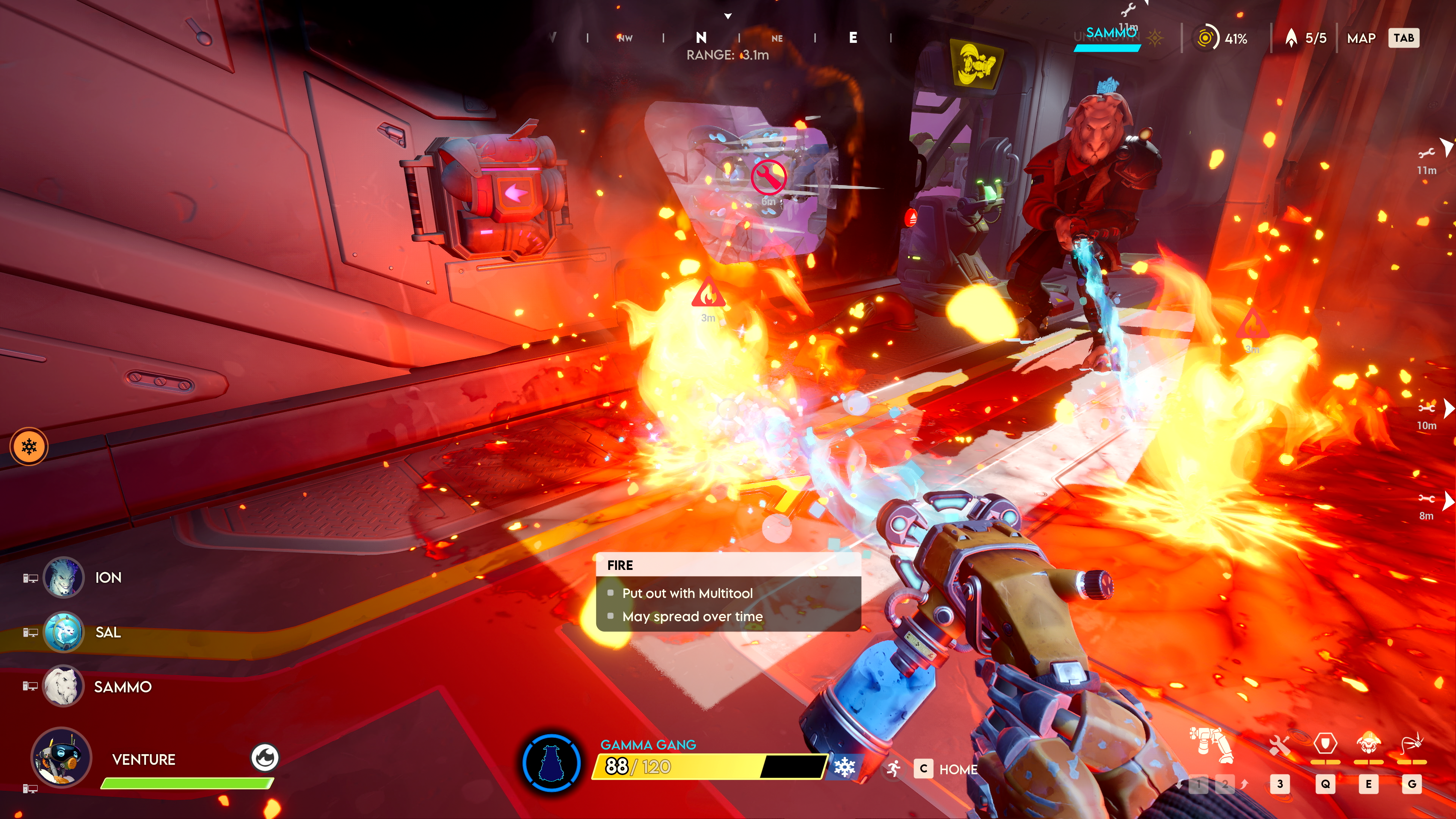
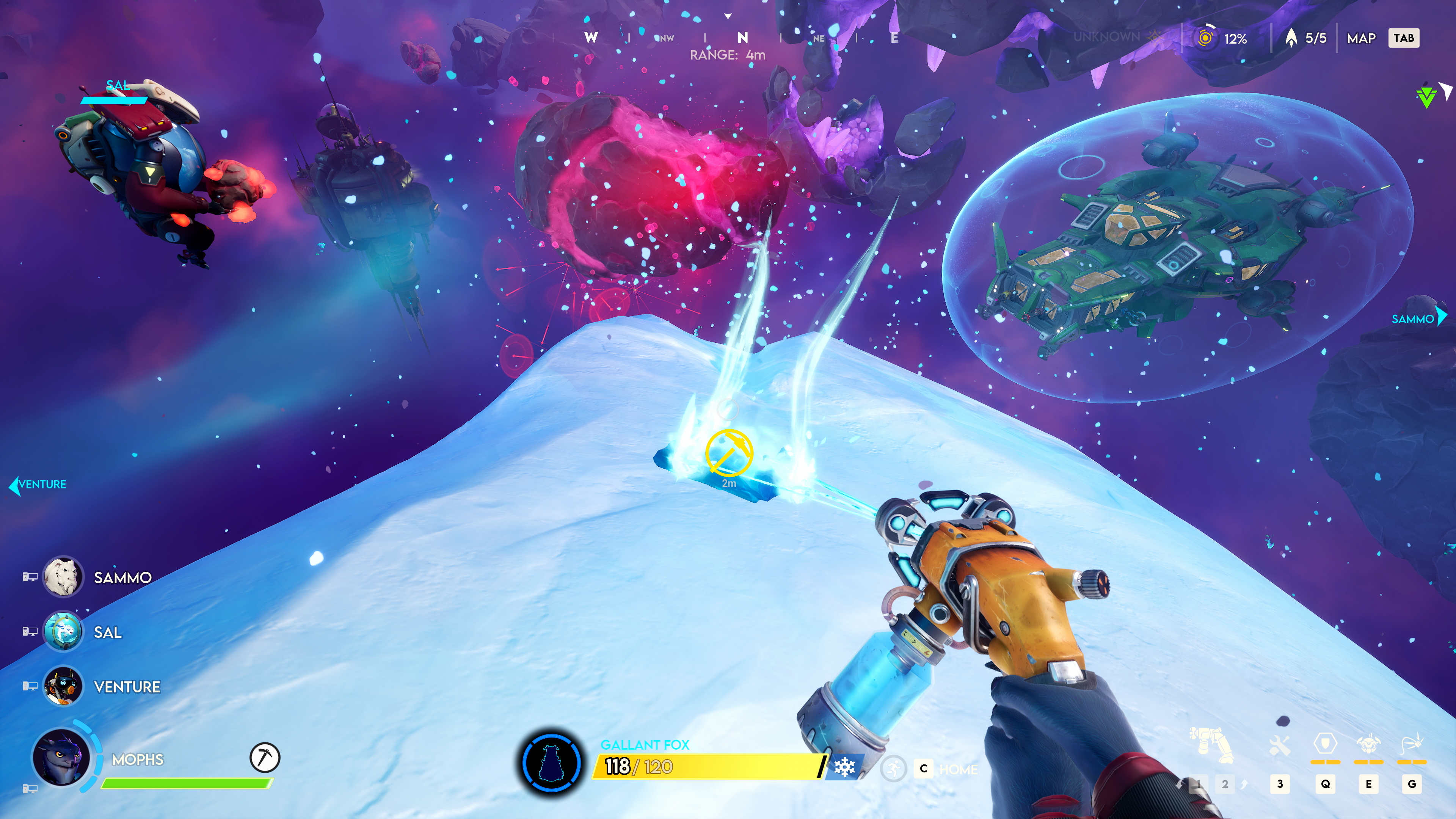 “We saw all these studios starting up and we have a lot of relationships,” he explained. “We knew many of the founders and wanted to create a structure that allows us to be helpful and support these studios. We set up a system to provide guidance, advice, and be motivated to see these studios succeed.”
“We saw all these studios starting up and we have a lot of relationships,” he explained. “We knew many of the founders and wanted to create a structure that allows us to be helpful and support these studios. We set up a system to provide guidance, advice, and be motivated to see these studios succeed.”
Throughout GDC, the industry's ongoing crisis was a recurring topic, with many attributing it to the prioritization of profits over creativity. When I asked Morhaime about the balance between craft and business, he argued that the two aren't mutually exclusive. However, he emphasized that an environment conducive to innovation requires a degree of safety and space for experimentation.
“I think to foster an innovative environment, you need a certain level of safety and space to experiment and try new things,” he said. “We're not against our products being successful and profitable. It's about focus. Our teams focus on creating the best possible experience, which we believe is the right business strategy for long-term success. Given the fierce competition and the volume of games released each year, the only way to truly stand out is by offering something special.”
Given that Dreamhaven and many of its partners are staffed by AAA veterans, I asked Morhaime about the key lessons he learned from his time at Blizzard. He highlighted the importance of an “iterative” game development process.
“It was never a straightforward journey. We never had a perfect plan that we could simply execute. We always encountered obstacles and unexpected issues, and we needed the flexibility and adaptability to address them. So, we approach everything with an experimental mindset, ready to try things and fix what doesn't work, ensuring we end up with a product we're proud of."On the other hand, what's the biggest difference between working at Blizzard and at Dreamhaven? Morhaime's answer was succinct: agency.
“Probably the biggest difference is that we have such an experienced team, and we're structured to give a lot of agency to our studio leadership teams,” he said.
“This creates a unique environment where our studios have a strong, supportive relationship with the central company. The central teams exist to support the studios' needs, and our studio heads and leadership are also founding members of Dreamhaven. It's really more of a partnership.”
Our conversation then shifted to new technologies, focusing on the contentious issue of generative AI. While it's unpopular among gamers and causes concern for many developers, many AAA companies are beginning to implement it. Dreamhaven isn't avoiding the topic, Morhaime explained, but their use of AI has been cautious, limited to research on best practices and internal policy drafting, and is not yet being used in their games.
“As a technologist, I find it incredibly exciting to witness the birth of such fascinating technology in our lifetime. Just a few years ago, I never imagined generative AI could achieve what it's doing now. There are many complexities, legal and ethical, and it's challenging to predict its long-term impact on our lives. Some of these impacts will be very positive, while others are concerning. But you can't just ignore it or try to put it back in a box. Those who do will be at a significant disadvantage.”On a less controversial note, I asked about the Nintendo Switch 2. Sunderfolk and Lynked are both coming to the Switch, and while Mechabellum's Steam exclusivity is understandable given its genre, the Switch was notably absent from Wildgate’s otherwise multi-platform announcement. Morhaime didn't elaborate on that, but he did share his thoughts on the new console:
“I think console transitions can be disruptive, but they can also invigorate and benefit the games industry,” he said. “For a gaming startup like ours, console transitions are positive. If you already have games on the market, there might be some disruption to consider, but that's not an issue for us. As a gamer, I find console transitions exciting.”
As we concluded, I asked Morhaime if Dreamhaven has achieved the mission he outlined five years ago. Is Dreamhaven a "beacon to the industry"? Morhaime believes they're not there yet; they need to release their games and see the response from players and the industry.
“We have to release games that people love and achieve financial success, because without those, no one will see us as a beacon,” he said.
“What I really want to see is for Dreamhaven to build a reputation where gamers trust that our brand stands for quality. Ideally, players will know that a game from Dreamhaven, regardless of genre, will be something special, sparking their curiosity to check it out.”

